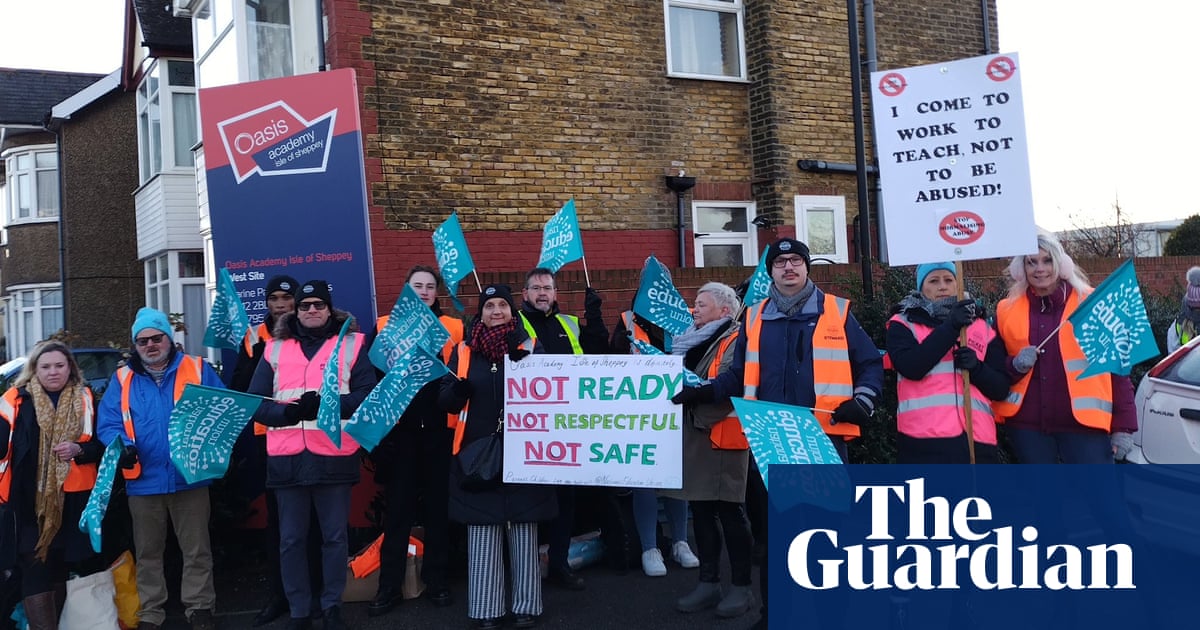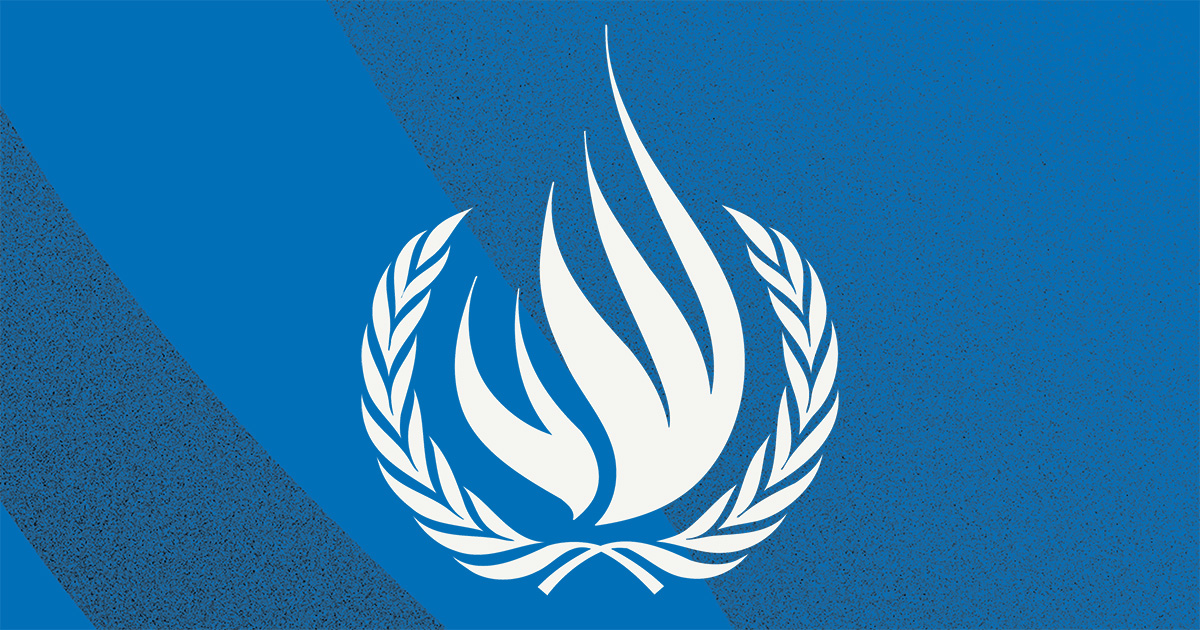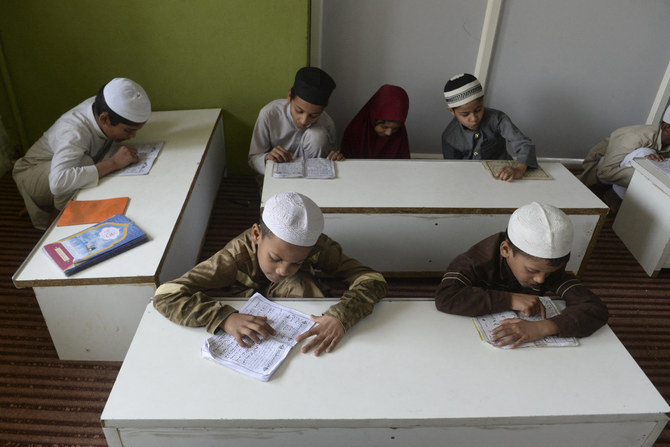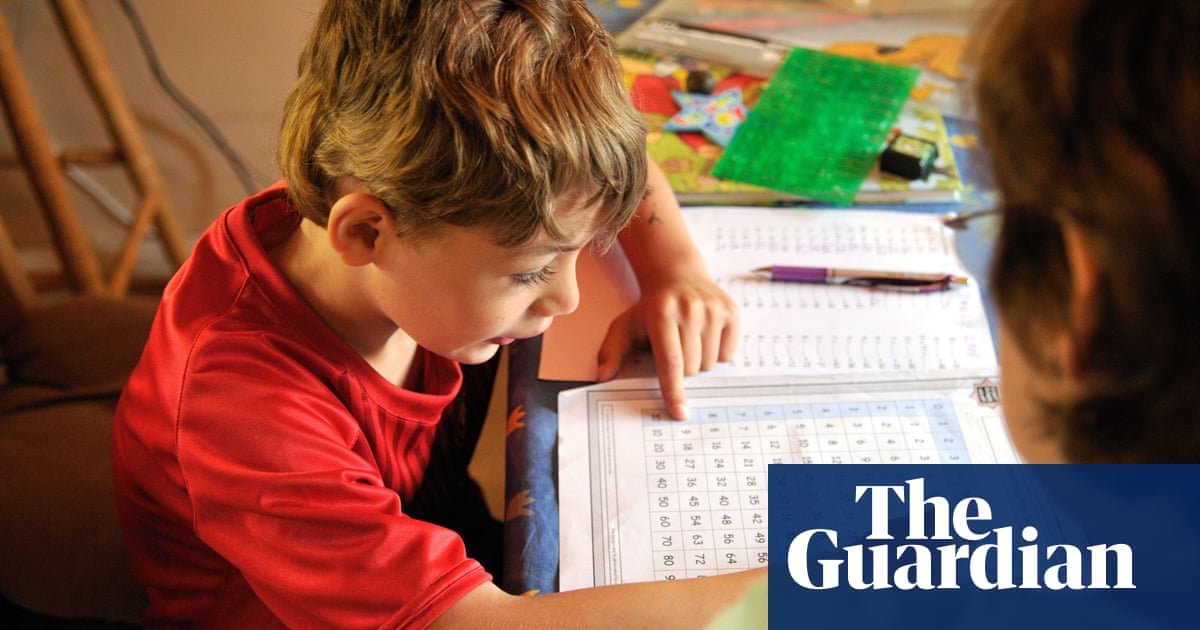
School leaders have welcomed proposals for the creation of “a cohesion and conflict unit” to support teachers who face “freedom-restricting” threats and harassment during the course of their work.
It is one of a number of recommendations in a government-commissioned review into threats to social cohesion in England, which highlights the case of a religious studies teacher at a school in West Yorkshire who was forced into hiding after accusations of blasphemy.
Published on Monday, the review said the teacher at Batley grammar school was left feeling suicidal and suffering from post-traumatic stress disorder after being targeted in an online and offline campaign of intimidation and abuse.
The teacher was suspended in March 2021 for showing pupils a drawing taken from the French satirical magazine Charlie Hebdo during a religious studies classes, provoking complaints from parents and protests outside the school’s gates.
He was subsequently cleared of causing deliberate offence and was told he could have his job back, but the review criticised the handling of his case, claiming that “appeasing the protesters to secure the end of the protests – at the expense of the religious studies teacher” appeared to have been the priority.
The review, conducted by Dame Sara Khan, the government’s independent adviser for social cohesion and resilience, also argued there was a “disproportionate concern for not causing offence to the religious sensibilities of those who, unaware of the facts, chose to engage in intimidation and harassment”.
The review said a cohesion and conflict unit would not only support affected teachers, it would provide guidance, training materials and resources and collect cohesion data. It also called for legislation to enforce 150-metre buffer zones around schools in England to prevent protests immediately outside school gates.
“While demonstrations should always be peaceful, local authorities and police already have powers to restrict protests that are intended to be intimidatory,” said Daniel Kebede, general secretary of the National Education Union.
Geoff Barton, the general secretary of the Association of School and College Leaders, added: “The idea of a cohesion and conflict unit to provide schools with guidance, training materials and resources, along with support and care for schools and teachers who find themselves threatened and harassed, sounds helpful.
“However, this would … require further thought about how this would complement and work alongside existing advice and support systems.”
Batley Multi Academy Trust, which is responsible for the school at the centre of the protests three years ago, defended its actions. “We remain clear that we delivered on our responsibilities and that we followed due process. This included immediately establishing an independent investigation, accepting its findings and acting on them.
“We are therefore disappointed by today’s report. We do not recognise much of what is in it, its description of the events, nor the characterisation of our school and community.”
Michael Gove, the secretary of state for levelling up, housing and communities, said Kahn was right about the threat posed by freedom-restricting harassment. “She is also right about the need for new government architecture to protect our democracy and tackle threats to cohesion. Rapid work is currently under way that will do just that.”
The review identified higher education as another area affected by “freedom-restricting harassment” and described how one university was forced to cancel a proposed academic research centre after threatening harassment to staff.
The government has appointed a university free speech tsar to protect freedom of speech and academic freedom and new legislation will impose a duty on English universities to take “reasonable steps” to promote free speech, or face sanctions including possible fines.












